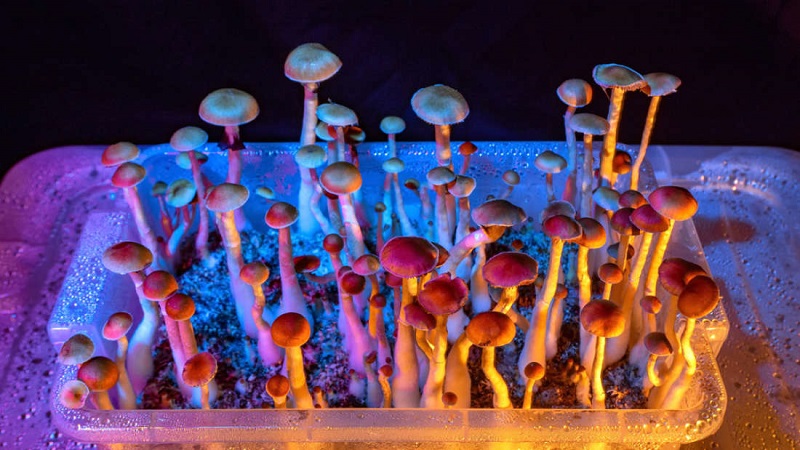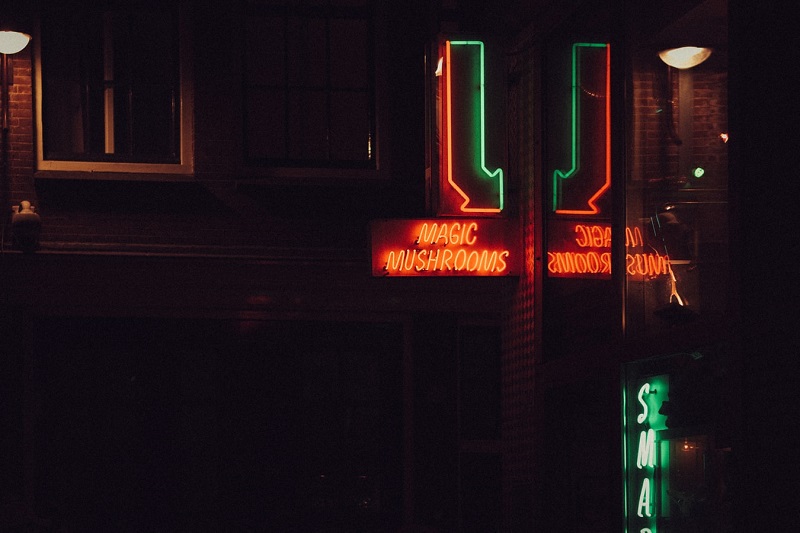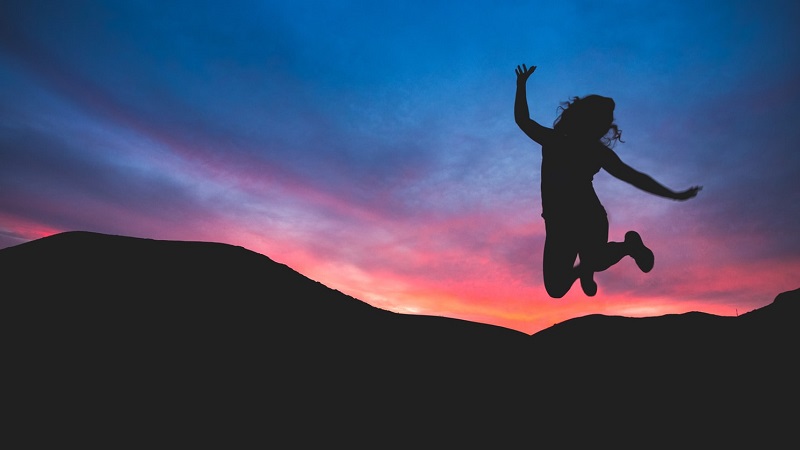For those who do not know, psilocybin is the psychoactive ingredient in magic mushrooms. Researchers discovered that it produced no adverse effects on the human mind.
Furthermore, it brought researchers one step closer to developing a psilocybin-based cure for depression. How they managed to do it?
The psilocybin effect

Well, 90 healthy volunteers were divided into three groups and received either 10 milligrams of the drug, 25 milligrams, or a placebo.
As a matter of fact, the team didn’t observe any negative effect on the participants who received the psilocybin. The volunteers just experienced some changes in their sensory perception and, of course, a boost in mood.
Most of the minor adverse effects recorded were of the expected psychedelic nature, but there were no negative consequences on cognitive and emotional functioning.
Their drug trial was a phase 1 trial, so it tested the safety and side effects of the drug, not its therapeutic value. But researchers really believe that it could replace antidepressants.
“The results of the study are clinically reassuring and support further development of psilocybin as a treatment for patients with mental health problems.
They haven’t improved with conventional therapy, such as treatment-resistant depression,” said KCL’s Dr. James Rucker, the study’s lead investigator.
Can psilocybin treat depression and addiction?

Lately, many scientific studies have suggested that psilocybin can cure depression and help people stop toxic addictions like smoking and drinking.
For this reason, the company behind this research is currently operating a phase 2 randomized control trial of psilocybin.
But this time the volunteers are 216 patients with treatment-resistant depression, the largest clinical research of its kind to date.
“This study is part of our overall clinical development program in treatment-resistant depression.
We wanted to look at the safety and tolerability profile of our psilocybin, and to look at the feasibility of a model where up to six 1:1 sessions are held at the same time,” co-founder Dr. Ekaterina Malievskaia said.
Antidepressants versus psilocybin therapy

“We are focused on getting psilocybin therapy safely to as many patients who would benefit from it as possible.
We are grateful to the many pioneering research institutions whose work over the years has helped to demonstrate the potential of psilocybin in medicine,” added Dr. Malievskaia.
As shown above, those participants in the first trial comparing psilocybin to antidepressants expressed emotional freedom during psilocybin therapy.
Even the study’s lead Dr. Robin Carhart-Harris explained that this is the contrary of antidepressants. Why? Because they leave the patients completely numb, while psilocybin makes them feel better.












































